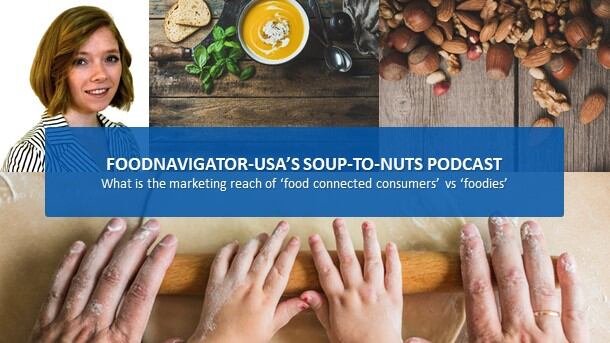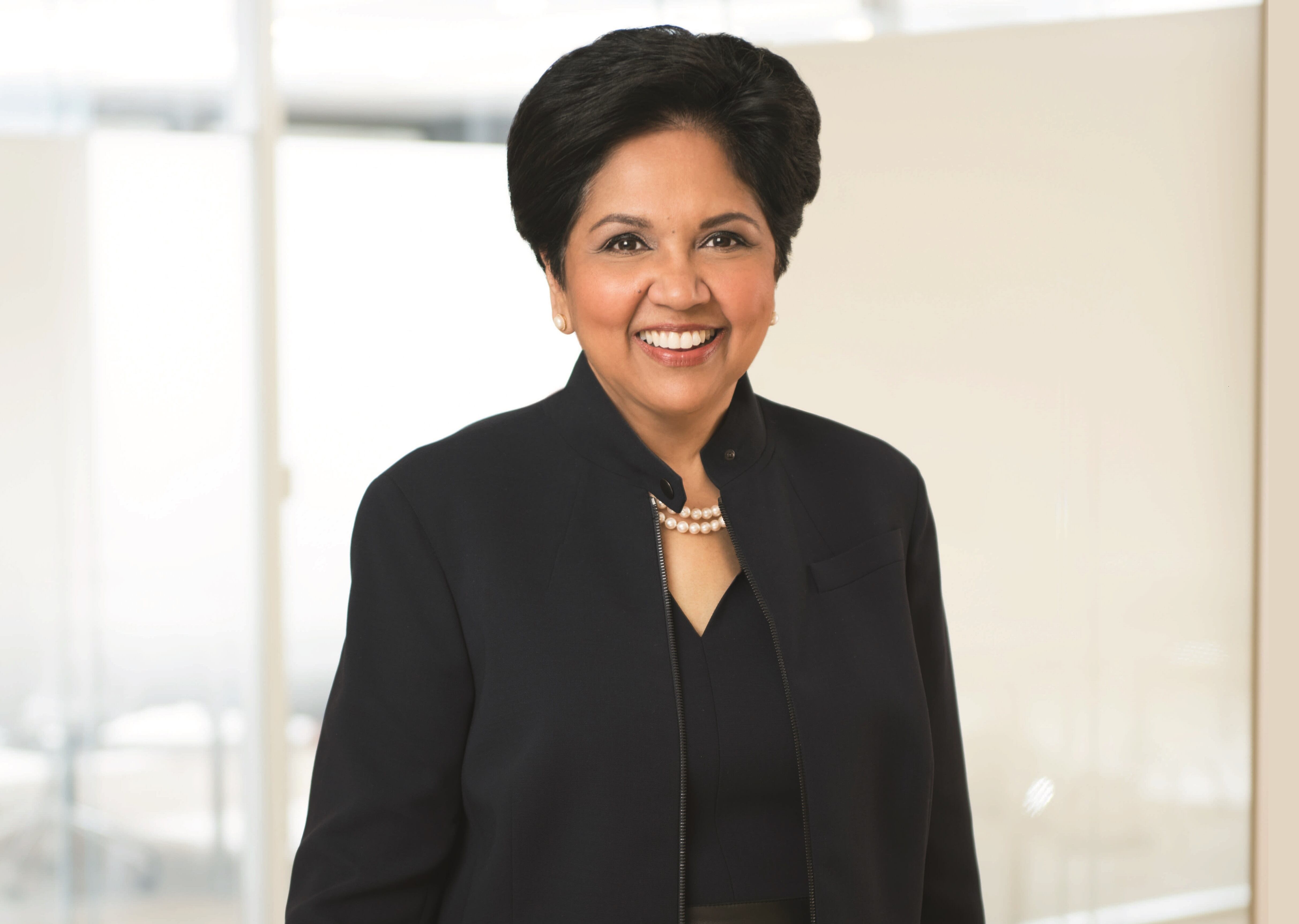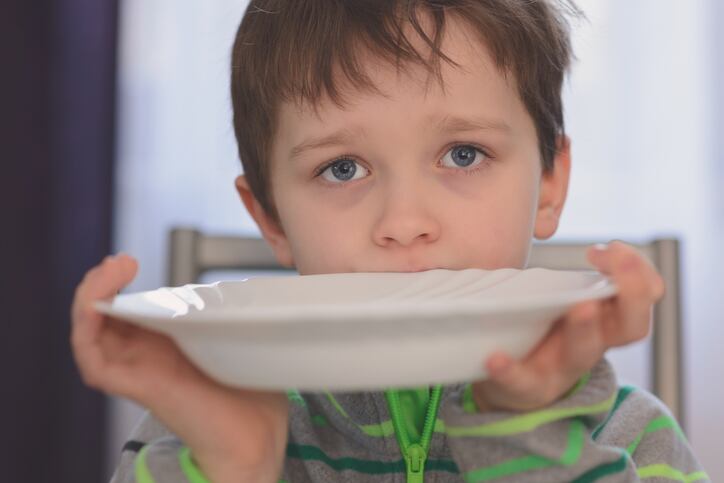
The global nonprofit B Lab grants its Certified B Corporation recognition to for-profit organizations that voluntarily meet certain standards of transparency, accountability, sustainability, and performance. To qualify, companies must pass a ‘B Impact Assessment,’ which evaluates how a company’s operations and business model impact workers, community, environment, and customers.
“We're a small, but growing company. And we realized that, although we've always served a greater good by empowering global change agents in food and nutrition—which is our company mission, by the way—we also have a responsibility to our own people and our own communities,” managing partner Erin Boyd Kappelhof, MS, MPH, RDN, told FoodNavigator-USA.
Helping clients like General Mills, Egg Nutrition Center, National Dairy Council, and Danone become change agents means Kappelhof and her colleagues have a front seat view of what social responsibility causes and values resonate with today’s consumers, and which areas have room for improvement.
Corresponding with FoodNavigator-USA from her office in Amsterdam, Kappelhof shared her thoughts about social responsibility in the food industry in 2019.
[Edited for clarity and length]
FoodNavigator-USA: What social responsibility causes or values do you think will be most salient to consumers in the next year, especially in terms of driving their food purchasing decisions?
Erin Boyd Kappelhof: “There is a wide range of consumer values that drive purchasing decisions, especially for food. People want to confirm that the foods they choose are good for them, are ethically sourced, and have a minimal environmental impact -- from production to packaging.
That said, taste is still, and will probably always be, the number one motivator, so all of this needs to come on top of deliciousness. This poses a unique challenge for food companies, and at Eat Well Global, we work with our clients to create solutions and communicate these initiatives to their stakeholders.”
F: Are there any values or causes that have been popular, but consumers will be more skeptical about in the coming year?
E: “I think consumers are becoming more discerning and skeptical overall. They want to know that causes, or labels, or certifications aren't just surface level, but are verifiable or ingrained in a company’s culture.
I am hopeful that environmental stewardship will become less of a differentiator for businesses and more of the mainstream way of doing business.
That's another reason I was drawn to the B Corp certification process—it's hard! Especially for a small company like ours that is writing some policies for the very first time.
But I really admire the giants—companies like Danone (one of our clients)—that are leading the way for multinationals to rethink how and why they do business and providing examples of how to improve.”
F: Any other social responsibility initiatives to which food companies should pay attention?
E: “I am hopeful that environmental stewardship will become less of a differentiator for businesses (and I think of the leadership from companies like Patagonia) and more of the mainstream way of doing business. So many food startups are founded on values of environmental protection.
As long as this continues and they're able to scale, it will change the way the entire industry operates. We work with our clients to communicate the practices they already have in place as well as those they are continuing to develop to support sustainability.”
“In addition to being a certified B Corp, we are also very proud to be a certified woman-owned business through WBENC (Women's Business Enterprise National Council). Eat Well Global is proud to be a woman-owned and operated business, and we have built a company that not only provides career advancement, but lifestyle flexibility as well.”




